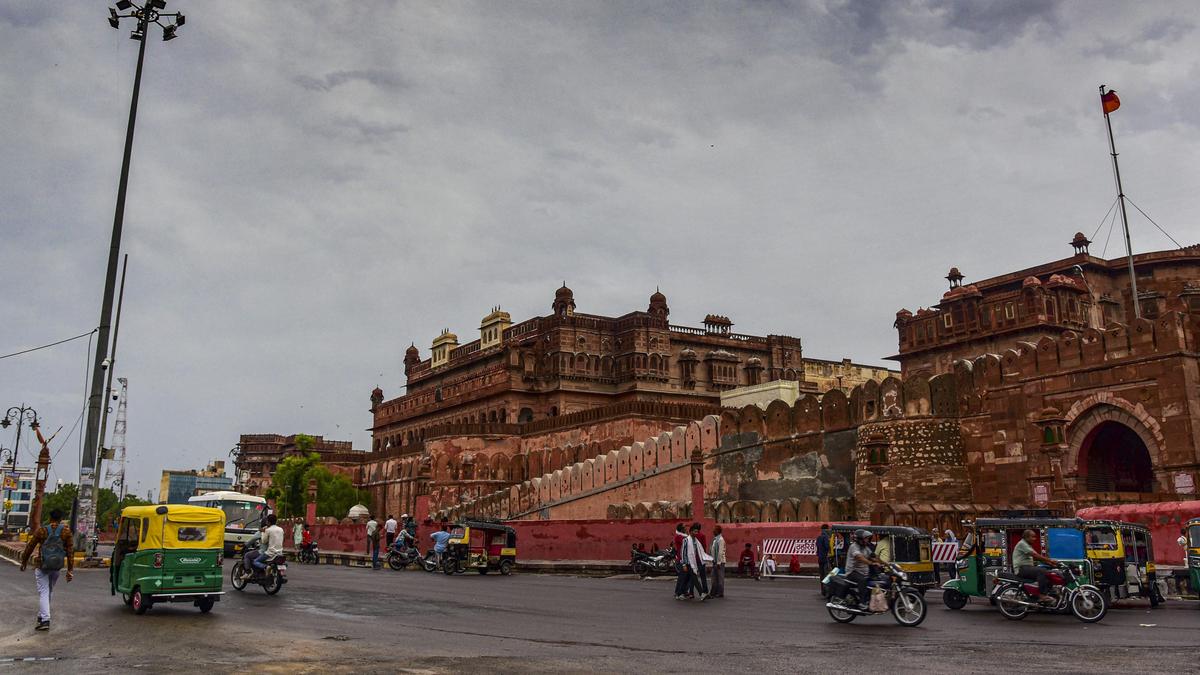
Rajasthan to become first State to adopt a road safety action plan for 10 years
The Hindu
Rajasthan Deputy CM Prem Chand Bairwa said on July 8 that the policy would generate awareness among the public at large about road safety provisions and bring about behavioural changes for complying with road safety rules.
Rajasthan will shortly become the first State in the country to adopt an action plan for road safety for the next 10 years. The action plan, to be accompanied by a government policy, will be aimed at reducing road accidents in the State by 50% till 2030.
Deputy Chief Minister Prem Chand Bairwa said on July 8 that the policy would generate awareness among the public at large about road safety provisions and bring about behavioural changes for complying with road safety rules. The action plan, being formulated by the Transport Department’s road safety cell, forms part of the 100-day blueprint of the BJP government.
Mr. Bairwa, who holds the transport and road safety portfolio, said the World Bank would render assistance to the State government in the preparation of an action plan and road safety policy by incorporating the best practices adopted in different countries.
“The action plan will be implemented in three stages. The first stage from 2025 to 2027, second from 2027 to 2030 and the third from 2030 to 2033 will lay emphasis on different aspects of speed limit, safe distance, traffic signals, use of road barriers, pedestrian safety, use of seatbelts, helmets, and vehicle insurance,” Mr. Bairwa said.
Additional Commissioner (Transport) Nidhi Singh made a presentation on coordination among the stakeholder agencies and departments, such as Transport, Public Works, Police, Medical & Health and Forest, for the successful implementation of the action plan at a review meeting presided over by Mr. Bairwa.

The Congress government including controversial farm legislations that had been brought in and later withdrawn by the BJP-led government at the Centre as the reference points for the Karnataka Agriculture Prices Commission (KAPC) has ruffled the feathers of farmers’ leaders and agricultural economists who had expressed their ideological support to the Congress.












